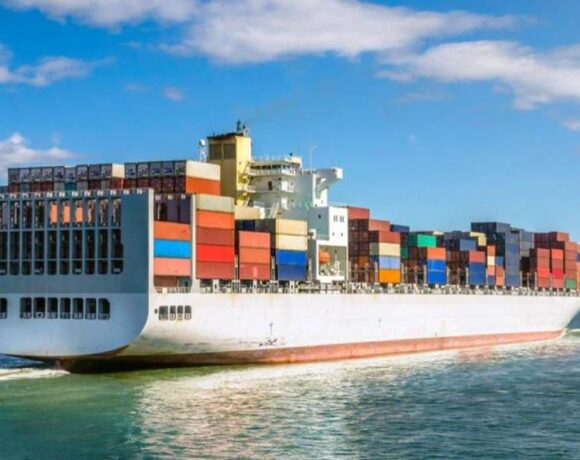Non Tariff Barriers Potent Tool To Disrupt Indian Garment Exports

At a webinar organised by Apparel Export Promotion Council (AEPC), it was highlighted that 69 percent of textiles related Non Tariff Barrier (NTB) notifications issued since 2019, relate to the garment industry alone.
AEPC in collaboration with Sarvada Legal organised the webinar on ‘Emerging non-tariff barriers in the apparel export sector’, with the aim to sensitise the apparel industry about the issues relating to NTB.
131 NTB notifications were issued related to the textile sector since 2019, with Uganda topping the list with 71 notifications followed by Ecuador 10, China 8, Taiwan 7, Israel 5, USA 4, Peru 3, etc.
“Non-tariff barriers have slowly but surely emerged as a potent tool to damage and even disrupt legitimate trade,” Mithileshwar Thakur, Secretary General at AEPC said in his opening remarks.
Thakur further stated that, non-tariff measures like certifications, inspections, regulations, standards, SPS and TBT measures are by and large in conformity with WTO laws and agreements.
“But it is only when these measures are used unfairly, in violation of WTO agreements, to discriminate against imports and restrict market access, that these become non-tariff barriers hampering legitimate trade,” he added.
NTBs also include unjustified and or improper application of Non-Tariff Measures (NTMs) such as sanitary and phytosanitary (SPS) measures and other Technical Barriers to Trade (TBT).
Of late, innovative ways are being explored by developed economies like the EU to restrict imports from developing countries.
Legislations like Carbon Border Adjustment Mechanism (CBAM) and EU Deforestation Legislation (EUDR) violate WTO agreements and are bound to make Indian exports to EU less competitive.
“Thus ways and means need to be explored to handle the challenges arising out of these legislations, he said.
“NTBs arise from different measures taken by governments and authorities in the form of laws, regulations, policies, conditions, restrictions or specific requirements, or prohibitions that protect the domestic industries from foreign competition,” Seetharaman Sampath, Co-founder at Sarvada Legal said.
Sampath stated that EU, USA and UK are our top markets for the apparel sector and so we should be extra careful about their moves to bring any legislation or regulation in the nature of TBTs affecting the garment sector.
“Most countries follow a consultation process before a new TBT is introduced or an existing TBT is modified,” he noted.
Indian industry must participate in the consultation process and report its apprehension and objections to the government at the initial stage of the law-making process itself, rather than complaining after its entry into force,” Sampath advised.














